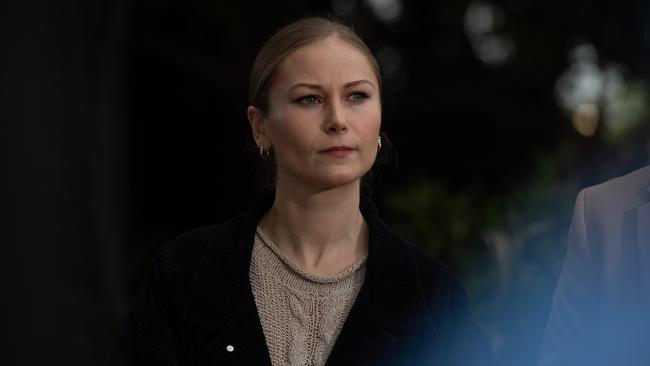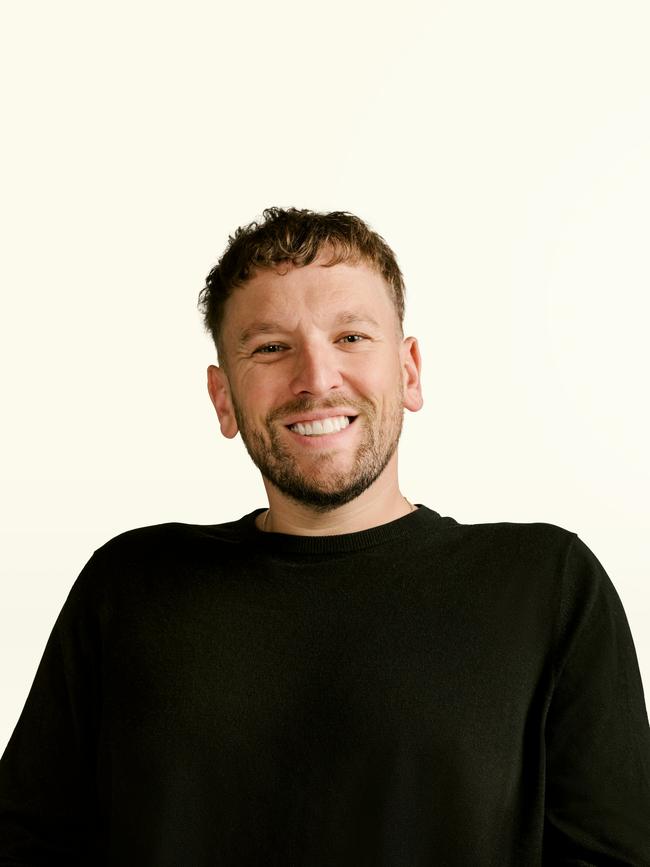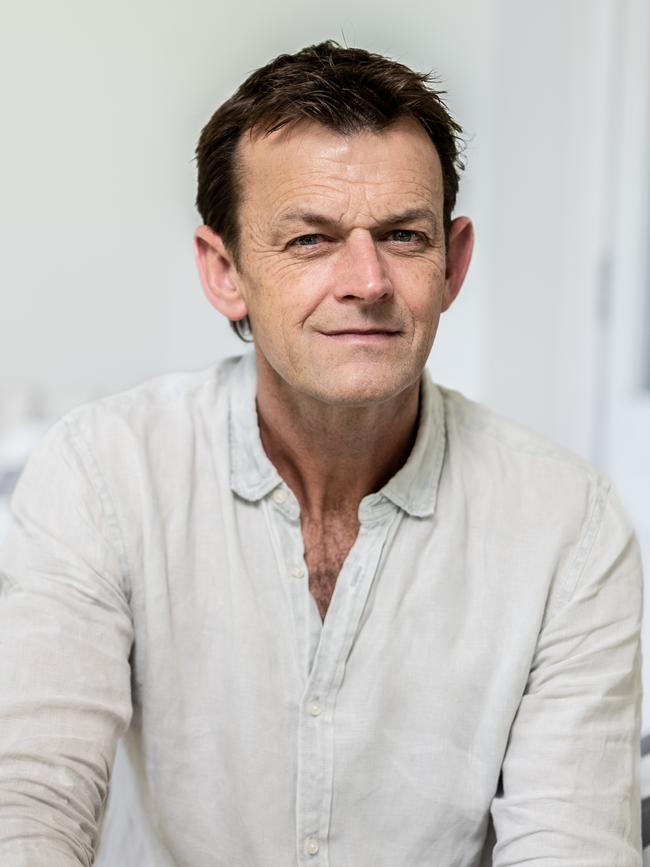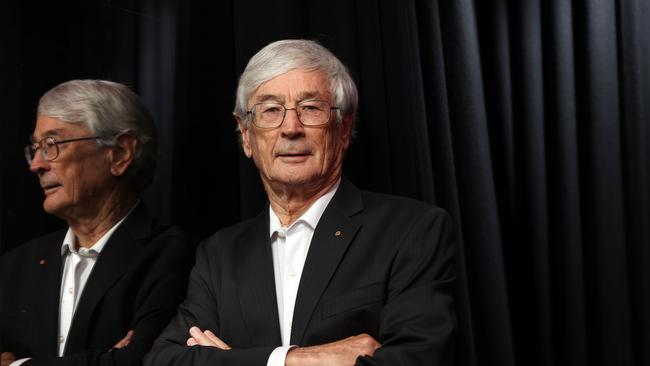Australians of the Year ask for a Yes vote at Indigenous voice to parliament referendum
Australians of the Year issue a stark warning against a No vote, as Anthony Albanese insists voice support can turn around.

Twenty-five Australians of the Year spanning sport, music, business, science, medicine and advocacy have warned a failed voice referendum would lead Australia “into a shameful dead end” and have “unimaginable consequences” for the nation’s identity and self-respect.
The Australians – including Dylan Alcott, Rosie Batty, Grace Tame, Adam Gilchrist, Cathy Freeman, David Morrison and John Farnham – have written an open letter to be published across social media on Wednesday urging the country to vote Yes. They say Indigenous people have been subjected to 235 years of “destructive or ineffectual policies” that have had “devastating impacts”.
Rejecting a key No argument that the voice would give Indigenous people special rights, they say it is not about giving one community an advantage but putting all Australians on a level playing field. “We now are at a fork in the road,” they write in the letter, which was organised by signatory Patrick McGorry.
“We must choose the high road to inclusiveness and respect. The low road leads us into a shameful dead end, with unimaginable consequences for our national identity and self-respect. Many other nations with colonial histories similar to ours, notably Canada, Norway and New Zealand, have already taken the high road. So we know that a mutually advantageous outcome is possible.”


Businessman Dick Smith, one of the signatories, said he generally agreed with the letter but probably not every word of it, questioning what was meant by a “dead end”.
He agreed Australia would have an identity and self-respect issue if the referendum was voted down, noting there was a much higher incarceration rate of Indigenous people that “we have to do something about and we haven’t”.
“There’s an enormous difference between non-Indigenous and Indigenous Australia and that’s wrong,” he said. “I think this (a voice) will assist, I don’t think it’ll solve all the problems and I really don’t know what the answer is. It’s really frustrating.”
“Everything I’ve tried to do to help Aboriginal people has failed and there is such a gap. I think anything that could help close the gap is worthwhile and that’s why I’m supporting it.” As the number of Australians voting early reached three million, Anthony Albanese declared the Yes campaign could turn dwindling support for the voice around.

A Yes campaign source said they believed 20 to 25 per cent of voters remained undecided and if they could convince the bulk of them to support the voice, they could win on Saturday.
Most undecided voters were in South Australia, shedding light on why both camps were spending a lot of time there in the final week.
When a 59-41 per cent No lead was put to the Prime Minister on ABC radio, he said: “We can turn that around. I am confident that if people actually look at what the question is, the constitutional change which is proposed, it’s a very modest change.”
Peter Dutton said the bipartisan parliamentary committee promised by Mr Albanese to develop the voice legislation if the referendum was carried would be skewed in the government’s favour, meaning nothing the opposition recommended “has the chance of getting up”.
Mr Albanese would not say if the government-opposition split would be even but has committed to joint chairs from Labor and the Coalition.
“That’s exactly a repeat of the process in relation to the legislation that facilitated the referendum question being put to the Australian people,” Mr Dutton said while campaigning in Adelaide. “Keith Wolahan and our other colleagues were on that committee, but not one, not one recommendation from the Liberal Party was picked up by the Prime Minister.”







To join the conversation, please log in. Don't have an account? Register
Join the conversation, you are commenting as Logout